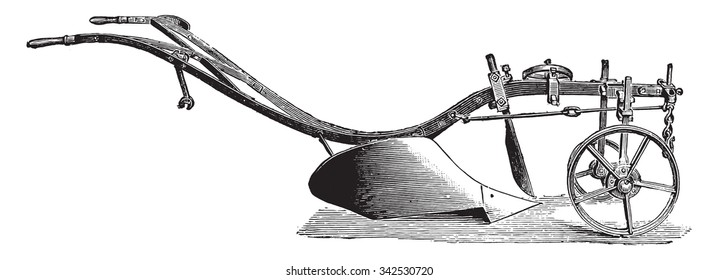The polytheist Spain, a land of a million deities, had finally gotten rid of the barbaric moors, but part of their culture and gods remained among the common folks, although this, Mars, ancestor of all Romans, was seen as the forefather of the Spanish nation, Spanish people calling themselves as "Romans" to denote that they weren't Moors anymore.
When the Spanish arrived to the Americas, they came with their Gods and Goddesses, they thought the continent was a new Earth. In fact, when Christopher Columbus first set a foot on what's now Watling Island, he yelled: "We might had crossed Caronte's Lake!", as in the medieval period, the entrance to the underworld was believed to be a ginormous lake, and not a river anymore, that's probably due to Germanic influences.
Because the men thought they were literally on hell, they armed themselves to get ready to fight Februus' minions. So, upon seeing the native Guanahanies, many rushed into battle positions. Columbus, noticing how things could quickly escalate into conflict, did as much as possible to calm the men. Famously, one of the things he did was to approach the natives, who were completely bewildered, and passed them his hand. The natives were probablly felt dodgy regarding the Spaniards, but brave enough, a young boy reached his hand and touch Columbus' fingers. After seeing this, the men settled their fears, because Columbus wasn't dead after touching these individuals, so they must be humans, or at least, not entities of the Underworld. It was yet greatly believed that they weren't anymore in the Midlands, so the island was called "Isla de Éstige" (Styx's island), after the Goddess who personfies the entrance to Hell.
In the early XVI century, Spaniards found the mouth of a huge river, and due to some effects caused by the sun and the mixing sweet and salt water of the estuary, the river seemed to have a gray colour, almost silver-ish, and so they named the estuary "silver Tiber". In the shore of the silver Tiber, Pedro de Mendoza founded a fortress-like settlement and called it "Tiberia de España" (Spain's Tiberia).


